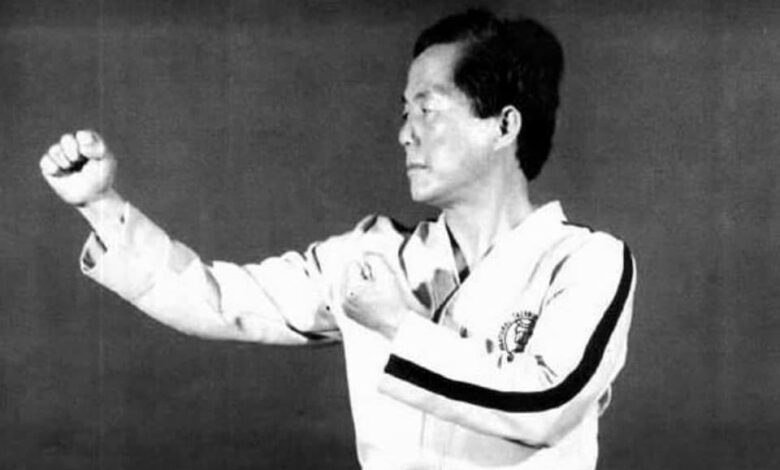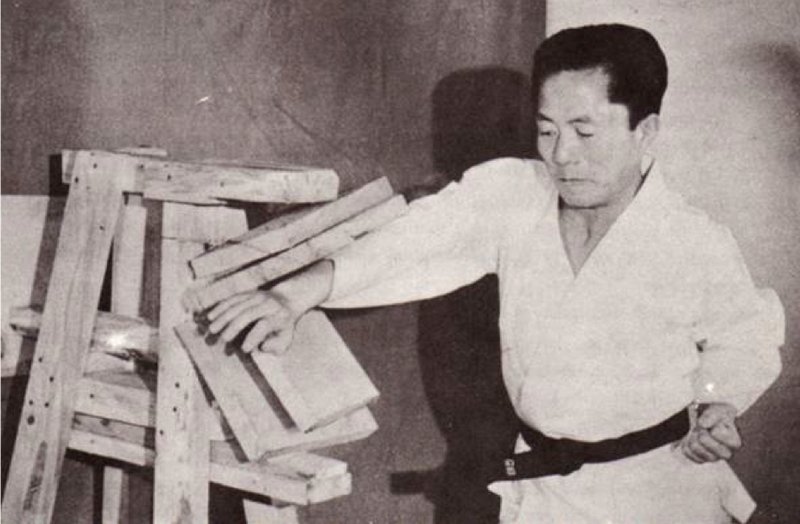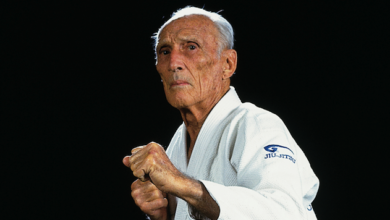
Experts: Choi Hong-hi was born on November 9, 1918, in Hwa Dae, a village in the Myongchon district of what is now North Korea. Growing up under Japanese occupation, Choi experienced the cultural and political pressures of the time, which influenced his later commitment to developing a distinctly Korean martial art. From an early age, he took an interest in martial arts, studying calligraphy and Taekkyeon, laying the groundwork for his future innovations.
Military Career and Development of Taekwondo
During his time at university in Tokyo, Choi trained in Shotokan Karate, achieving black belt status. His military career began in 1946 when he was commissioned as a second lieutenant in the fledgling South Korean army.
Recognizing the need for effective hand-to-hand combat training, Choi began formalizing techniques that combined the power and technique of Karate with the dynamic movements of traditional Korean martial arts. This synthesis led to the creation of Taekwondo, which Choi named and officially promoted starting in 1955.

Formation of the ITF and Global Expansion
Choi’s vision for Taekwondo was not only as a martial art but also as a tool for mental and spiritual development. In 1966, he established the International Taekwon-Do Federation (ITF) in Seoul, with the aim of spreading Taekwondo internationally.
Under his leadership, Taekwondo quickly spread across the world, with Choi personally visiting countries to conduct seminars, demonstrations, and instructor training. His diplomatic efforts significantly boosted Taekwondo’s profile, leading to its adoption in dozens of countries by the 1970s.
Political Controversies and Exile
Choi’s relationship with the South Korean government, particularly under the authoritarian rule of Park Chung-hee, became strained due to his opposition to political interference in sports and his international activities.
In 1972, facing potential arrest, Choi relocated to Canada where he established the new headquarters of ITF. His later outreach to North Korea, where he helped establish Taekwondo programs, was controversial but underscored his commitment to a pan-Korean identity for the sport.
Philosophy and Teaching
Choi developed the philosophical underpinnings of Taekwondo, emphasizing courtesy, integrity, perseverance, self-control, and an indomitable spirit. These values were integral to his teaching and reflected in the ITF’s patterns, which often commemorate Korean patriots and significant historical events in Korean history.
Legacy and Impact
Choi Hong-hi’s died on June 15, 2002, marked the end of an era, but his legacy lives on through the continued practice of ITF Taekwondo globally. His approach to Taekwondo as a comprehensive discipline for physical, mental, and spiritual development continues to inspire millions.
Taekwondo’s inclusion in the Olympic Games as a full medal sport since 2000, predominantly under the World Taekwondo (WT) banner, further attests to the sport’s global reach and the foundational role Choi played in its development.
Death and Posthumous Recognition
Choi’s final years were spent in Pyongyang, North Korea, where he received treatment for cancer. His burial in North Korea, with a tombstone declaring him the Taekwon-Do Founder, illustrates the complex, cross-border legacy of a man who transcended political divides to promote a unifying cultural heritage. His influence in martial arts and his philosophical teachings continue to resonate across Taekwondo communities worldwide.



